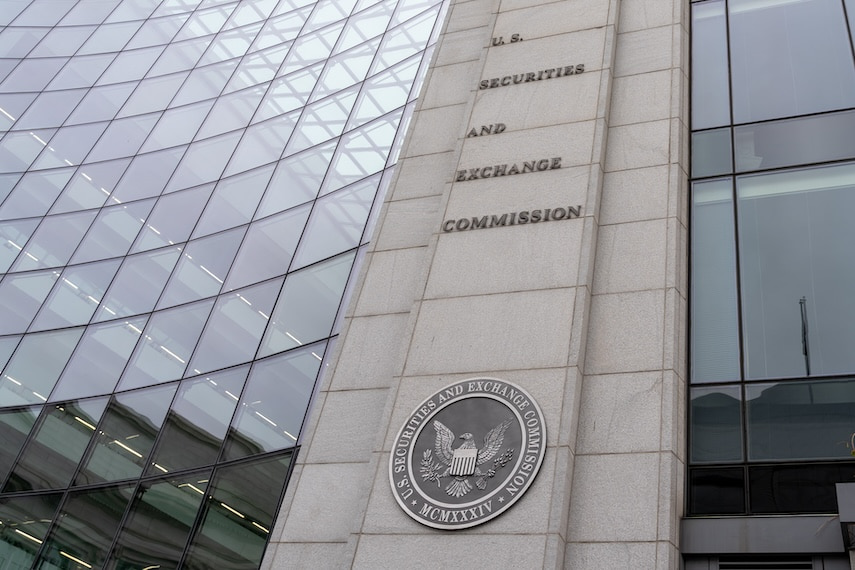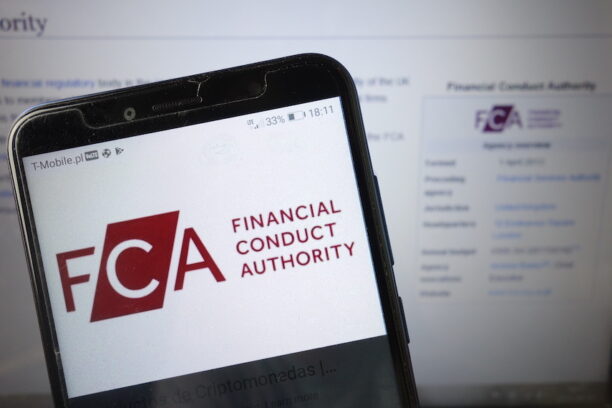Persefoni’s CSO (and former SEC attorney who crafted much of the SEC’s climate disclosure rule) Kristina Wyatt had very good advice yesterday about keeping SEC rules in mind when disclosing “climate-related information through sustainability reports, press releases, on websites, investor presentations, in social media posts, and in regulatory filings.”
Kristina’s main points:
“Inconsistent or inaccurate information can trigger regulatory scrutiny, lawsuits, and reputational damage. This is especially true as AI-powered tools increasingly scan public statements for inconsistencies that could become fodder for enforcement actions, lawsuits and media scrutiny…
The SEC’s 2010 climate guidance remains foundational. The 2010 guidance clarifies that companies must evaluate and disclose material climate-related risks in their SEC filings pursuant to existing disclosure rules under Regulation S-K, including in the description of business, risk factors, legal proceedings, and Management’s Discussion and Analysis (MD&A) sections of their registration statements or periodic reports…
Regulation FD (Fair Disclosure) prohibits companies from selectively disclosing material nonpublic information to certain individuals or groups without simultaneously making that information available to the public. This means that any climate-related information that is material and nonpublic must be disclosed to the public promptly and broadly, not just to analysts or select investors…
Rule 10b-5 under the Securities Exchange Act, a major tool to protect against fraud, applies to companies’ public statements wherever they appear – not just those in their SEC filings. Materially misleading statements, whether in a press release, social media post, sustainability report, website, investor call, or other forum can trigger liability.”
She offers a structure for climate information disclosure reviews:
- Form a Cross-Functional Disclosure Committee. All climate-related disclosures should be reviewed by the disclosure committee and consistent across SEC filings, sustainability reports, and press releases.
- Develop a Disclosure Calendar. Provide adequate time for thorough reviews and approvals by all parties. Establish specific milestones and stick to them. This can be most challenging for social media posts and requests for impromptu comments by executives – but those also pose high risks for problems.
- Create a Centralized Disclosure Library. Using technology to develop and maintain this library increases the efficiency of consistency reviews.
- Implement a Multi-Level Review Process. Ensure the materiality assessment is completed and documented and that there is no selective disclosure of material nonpublic information (MNPI).
- Conduct Regular Training. Staff and executives will need to be briefed on changes in data, metrics and corporate strategy – as well as new information management/disclosure risks. And we all need periodic reminders about the importance of those risks.
- Leverage Technology. AI and other tools can be used to identify inconsistencies in climate information that may exist within the company.
Yet more reasons for sustainability professionals to be on a first name basis with securities counsel.
Our Generic Climate Change Sample Disclosure was developed in conjunction with leading securities lawyers from TheCorporateCounsel.net to make disclosure development more efficient – and reduce the time needed for general SEC compliance reviews. Members have access to this and much more. If you’re not already a member, sign up now and take advantage of our no-risk “100-Day Promise” – during the first 100 days as an activated member, you may cancel for any reason and receive a full refund. But it will probably pay for itself before then.
DID YOU KNOW … we are much more than just blogs. PracticalESG provides tools and guidance for in house staff and outside advisors – from beginners to senior practitioners. We scour third party resources, vetting and filtering them – saving you hours of your day doing that yourself. And we don’t use AI to produce any content or have annoying ads.
Are you a client of one of our Partners? Contact them for exclusive pricing packages for PracticalESG.
If you aren’t already subscribed to our complimentary ESG blog, sign up here for daily updates delivered right to you.
Photo credit: JHVEPhoto – stock.adobe.com










